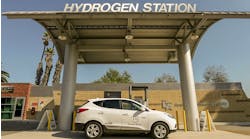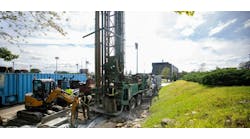In its efforts to improve energy efficiency, the Kimball (Neb.) Public School System has retained the services of an energy engineering company. In a presentation at a recent school board meeting, 360 Energy Engineers outlined improvements that should be made at the schools, the Western Nebraska Observer reported.
The company said that the district could save money and improve energy efficiency by replacing old furnaces and replacing outdated control systems. The company also suggested that the school district replace low efficiency T8 and T12 fluorescent bulbs with low-wattage LED lamps.
In addition, the company suggested that the district replace the school windows, some which are more than 50 years old and have poor thermal performance.
The school district plans to have a follow-up meeting to determine its upgrade and repair priorities.

